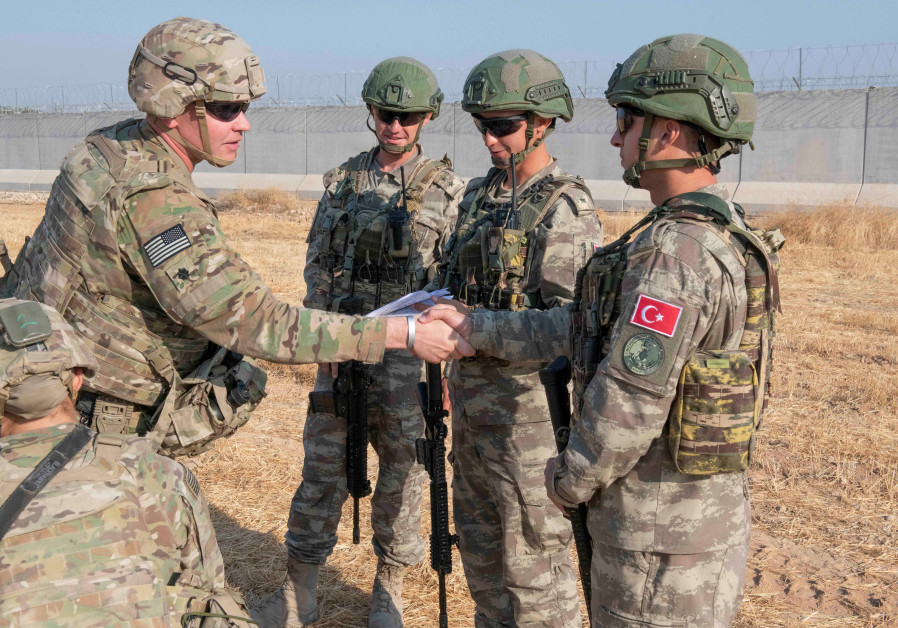After Trump abandons Kurds, Israel knows it can’t rely on anyone

U.S. and Turkish military forces conduct a joint ground patrol inside the security mechanism area in northeast, Syria, October 4, 2019. Picture taken October 4, 2019. (photo credit: REUTERS)
`; document.getElementById(“linkPremium”).innerHTML = cont; (function (v, i){ });





Comments are closed.